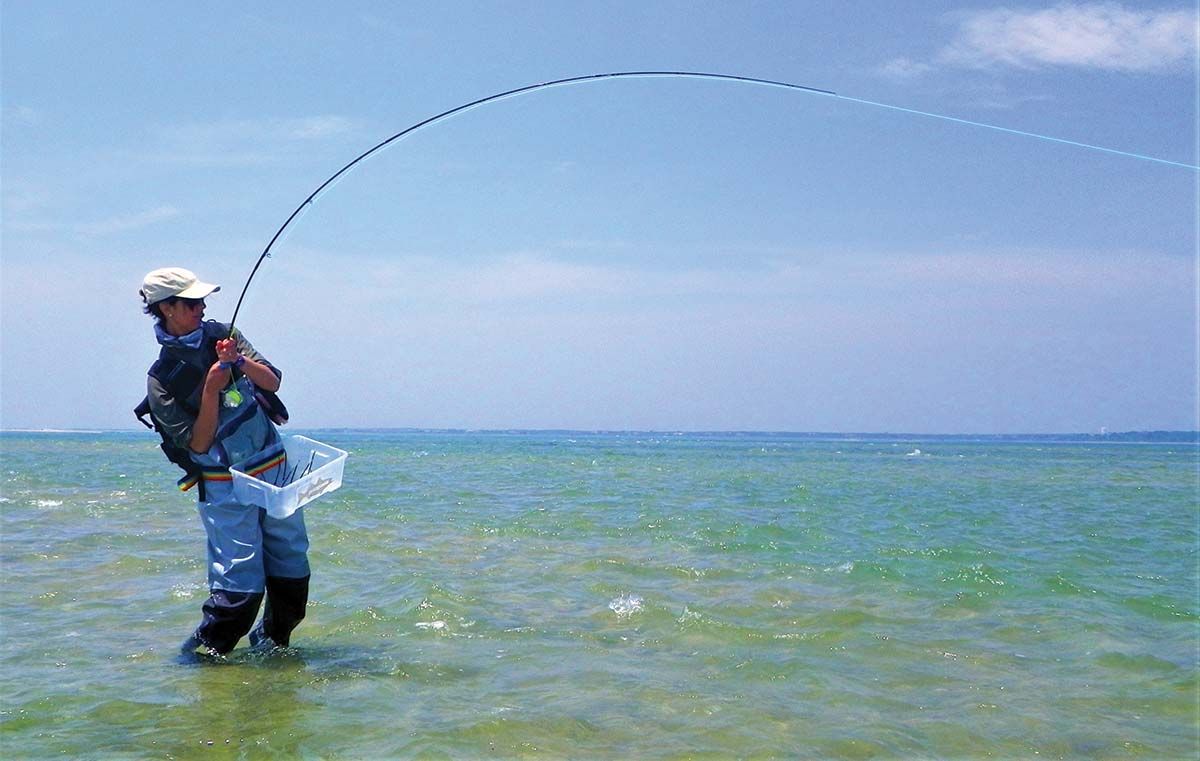Is Your Home Owners Insurance Going Up? You Are Not Alone
News Staff • January 8, 2024
Premiums for US homeowners’ insurance jumped by an average of 21% in one year

One of the subjects that every coastal home owner dreads to discuss is insurance. There are so many factors that go into rate calculation and owners have very little control over rate increases or insurance company coverage changes. Coastal Alabamians frequently see item coverage changes and rate increases after a hurricane, but rates are also affected by incidents in the States around us.
As home values have risen, so has thee insurance rate. There have also been many exclusions added which insurance companies will not cover. The impact of skyrocketing property insurance is being felt nationwide.
In Alabama the average annual home owners rate for a $250k home is currently a modest $2,134. 81 (survey: Quadrant Information Services). While in Oklahoma rates have more than doubled to $5,839.47 annually for the same home value. Much of this was due to a recent outbreak in tornadoes and earth trimmers.
Many owners have self-insured their properties but for those with a mortgage they must insure with a well rated provider. Nationally, 12% of homeowners are choosing to forgo property insurance – up from 5% in 2015, according to an Insurance Institute survey. In Florida, the share of homeowners deciding to “go bare” runs as high as 20%.
According to a study by insurance marketplace PolicyGenius, premiums for US homeowners’ insurance jumped by an average of 21% from May 2022 to May 2023.
So what should coastal Alabama home owners do?
Here are a few suggestion from III.org, the non-profit "Insurance Information Institute."
- Shop around - it will take some time but check consumer guides, insurance agents, companies and online insurance quote services. This will give you an idea of price ranges and tell you which companies have the lowest prices. But don't consider price alone.
- Raise your deductible - Deductibles are the amount of money you have to pay toward a loss before your insurance company starts to pay a claim, according to the terms of your policy. The higher your deductible, the more money you can save on your premiums.
- Don't confuse what you paid for your house with rebuilding costs - The land under your house isn't at risk from theft, windstorm, fire and the other perils covered in your homeowners policy. So don't include its value in deciding how much homeowners insurance to buy. However, waterfront property owners have to considered erosion and storm surge. Supply cost for wood, glass and steel are volatile and should be kept in mind for insurance renewals.
- Buy your home and auto policies from the same insurer - Some companies that sell homeowners, auto and liability coverage will take 5 to 15 percent off your premium if you buy two or more policies from them. But make certain this combined price is lower than buying the different coverages from different companies.
- Make your home more disaster resistant - Find out from your insurance agent or company representative what steps you can take to make your home more resistant to windstorms and other natural disasters. You may be able to save on your premiums by adding storm shutters, reinforcing your roof or buying stronger roofing materials.
- Improve your home security - You can usually get discounts of at least 5 percent for a smoke detector, burglar alarm or dead-bolt locks. Some companies offer to cut your premium by as much as 15 or 20 percent if you install a sophisticated sprinkler system and a fire and burglar alarm that rings at the police, fire or other monitoring stations.
- Seek out other discounts - Companies offer several types of discounts, but they don't all offer the same discount or the same amount of discount in all states. For example, since retired people stay at home more than working people they are less likely to be burglarized and may spot fires sooner, too. Retired people also have more time for maintaining their homes. If you're at least 55 years old and retired, you may qualify for a discount of up to 10 percent at some companies.
- Maintain a good credit rating - Establishing a solid credit history can cut your insurance costs. Insurers are increasingly using credit information to price homeowners insurance policies. In most states, your insurer must advise you of any adverse action, such as a higher rate, at which time you should verify the accuracy of the information on which the insurer relied.
- Ask your current insurer about credits - If you've kept your coverage with a company for several years, you may receive a special discount for being a long-term policyholder. Some insurers will reduce their premiums by 5 percent if you stay with them for three to five years and by 10 percent if you remain a policyholder for six years or more.
- Review your insurance policy annually - You want your policy to cover any major purchases or additions to your home. But you don't want to spend money for coverage you don't need. If your five-year-old fur coat is no longer worth the $5,000 you paid for it, you'll want to reduce or cancel your floater (extra insurance for items whose full value is not covered by standard homeowners policies such as expensive jewelry, high-end computers and valuable art work) and pocket the difference.
If you want to know more about insurance regulations in Alabama you can contact the ALABAMA DEPARTMENT OF INSURANCE
Alabama Department of Insurance also has a list of viable agents in the State, as well as, the "Homeowners Bill of Rights."
Here is a list of Homeowner Insurance Providers in Alabama for 2022 and their market share of the State.
Recent Posts

























